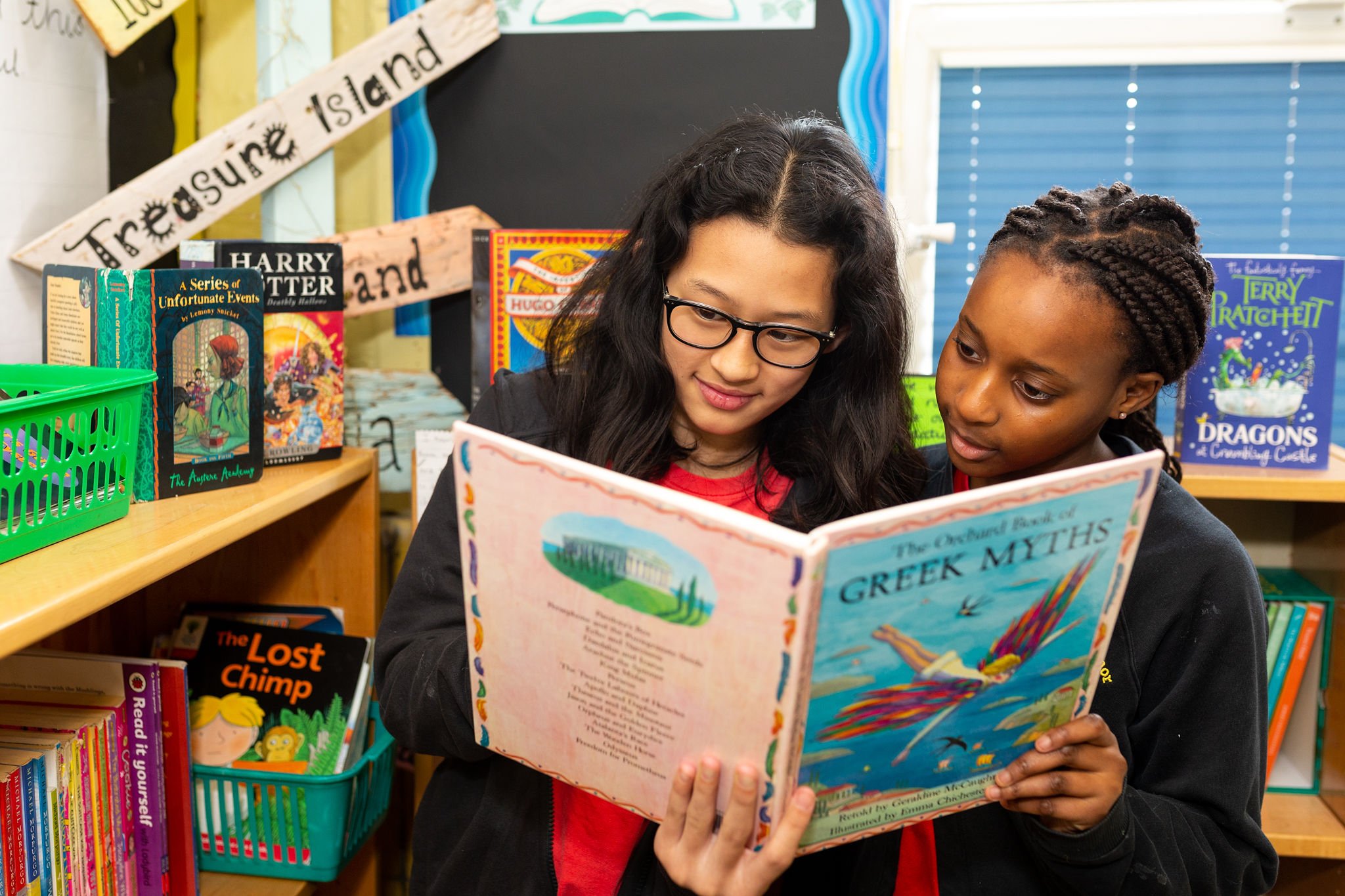
Science
Overview
We are committed to producing an engaging curriculum for our children at Charlton Manor. Science lessons focus on increasing pupils’ knowledge and understanding of our world and developing skills associated with science as a process of enquiry. We believe in encouraging a respect for the environment and in promoting healthy eating and lifestyles.
Through building up a body of key foundational knowledge and concepts, pupils are encouraged to recognise the power of rational explanation and foster their sense of excitement and curiosity about natural phenomena, understand how science can be used to explain what is occurring, predict how things will behave, analyse causes and become lifelong learners.
The 2014 national curriculum for science aims to ensure that all pupils:
develop scientific knowledge and conceptual understanding through the specific disciplines of biology, chemistry and physics
develop understanding of the nature, processes and methods of science through different types of science enquiries that help them to answer scientific questions about the world around them
are equipped with the scientific knowledge required to understand the uses and implications of science, today and for the future.
The teaching and learning of science at Charlton Manor is enhanced by an excellent range of resources, including a science lab, teaching kitchen and school secret garden. First-hand, high quality learning experiences help children to investigate, discover and explore in meaningful ways.
Pupil Voice
'I enjoyed learning about bikes. I learnt the wheels were made from rubber.' (Year 1)
'I liked exploring how objects change shape. We discussed the meaning of: squash, bend, twist and stretch.' (Year 2)
'My favourite investigation was with our topic on ‘Rocks’. We scratched different stones' (Year 3)
'Our favourite practical lesson was the viscosity lesson; high viscosity is really thick, low viscosity is runny. We got a paper plate and put different liquids on it and turned it upside down' (Year 4)
'I really liked an investigation we did about how to separate different materials, like when we separated water and mud (separation).' (Year 5)
'Our favourite lesson was when we made a classification tree; sorting pictures and answering questions' (Year 6)
Key Stage 1
The principal focus of science teaching in key stage 1 is to enable pupils to experience and observe phenomena, looking more closely at the natural and humanly-constructed world around them.
They should be encouraged to be curious and ask questions about what they notice. By the end of Key Stage 1 they should be developing their understanding of scientific ideas, using different types of scientific enquiry to answer their own questions, including observing changes over a period of time, noticing patterns, grouping and classifying things, carrying out simple comparative tests, and finding things out using secondary sources of information. They should have begun to use simple scientific language to talk about what they have found out and communicate their ideas to a range of audiences in a variety of ways.
Lower Key Stage 2
The principal focus of science teaching in lower key stage 2 is to enable pupils to broaden their scientific view of the world around them.
By the end of year 4 they should be doing this through exploring, talking about, testing and developing ideas about everyday phenomena and the relationships between living things and familiar environments, and by beginning to develop their ideas about functions, relationships and interactions. They should be asking their own questions about what they observe and make some decisions about which types of scientific enquiry are likely to be the best ways of answering them, including observing changes over time, noticing patterns, grouping and classifying things, carrying out simple comparative and fair tests and finding things out using secondary sources of information. They should be able to draw simple conclusions and use some scientific language, first, to talk about and, later, to write about what they have found out.
Upper Key Stage 2
The principal focus of science teaching in upper key stage 2 is to enable pupils to develop a deeper understanding of a wide range of scientific ideas.
The principal focus of science teaching in upper key stage 2 is to enable pupils to develop a deeper understanding of a wide range of scientific ideas. By the end of key stage 2 they should be doing this through exploring and talking about their ideas; asking their own questions about scientific phenomena; and analysing functions, relationships and interactions more systematically. At upper key stage 2, they should encounter more abstract ideas and begin to recognise how these ideas help them to understand and predict how the world operates. Pupils should also begin to recognise that scientific ideas change and develop over time. They should be selecting the most appropriate ways to answer science questions using different types of scientific enquiry, including observing changes over different periods of time, noticing patterns, grouping and classifying things, carrying out comparative and fair tests and finding things out using a wide range of secondary sources of information. Pupils should be able to draw conclusions based on their data and observations, use evidence to justify their ideas, and use their scientific knowledge and understanding to explain their findings.
(Pix needed here from current site)
